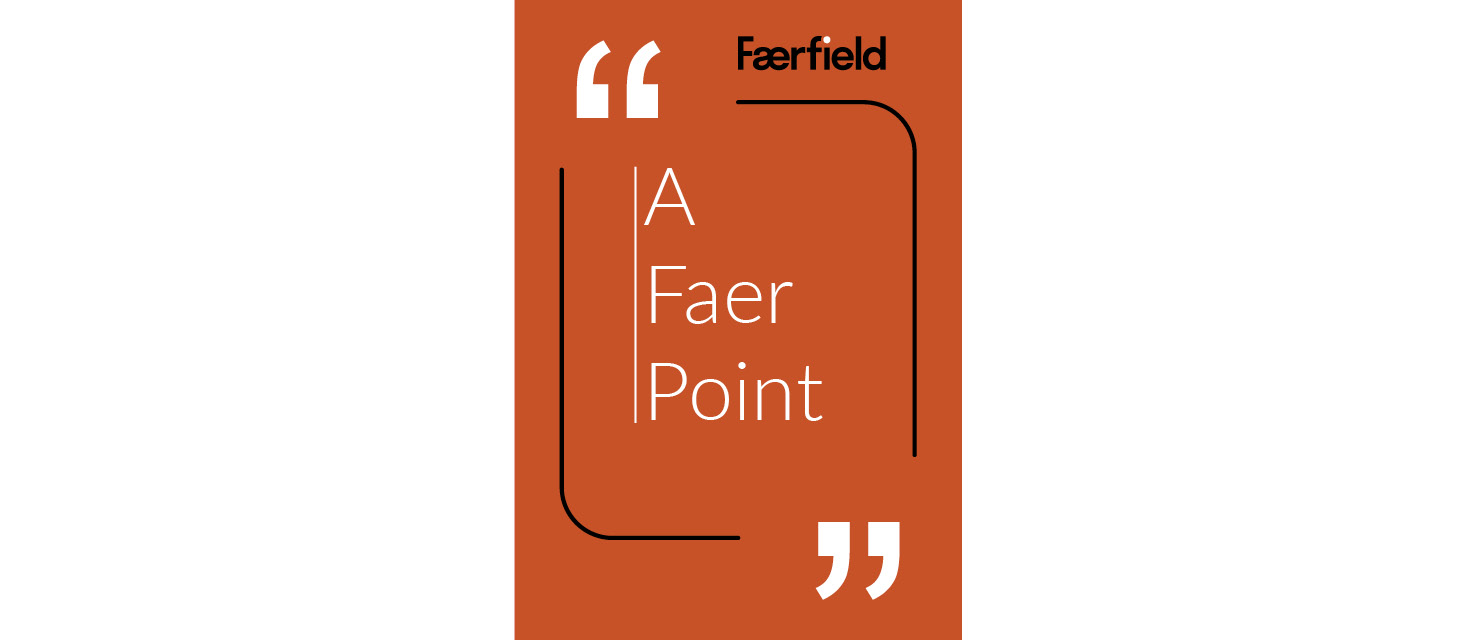Insight
A Faer Point: How to ace interviews

Landing that perfect job – Faerfield’s Dawn Faulkner shares more top tips for candidates.
Today’s subject is interviews: your opportunity to consolidate your ‘pitch’ and convince potential employers to appoint you.
Most final processes begin with a technical interview assessing your grasp of the role-specific aspects, usually by someone more experienced in the field. Even if conducted online, these are formal interviews; dress appropriately, make eye contact, and don’t rely too much on notes.
If shortlisted, you may be asked to complete a psychometric. These are usually done online, in your own time, before the final interview. Most candidates find these insightful and incredibly helpful in relation to their personal development. Psychometrics are highly sophisticated, and the best results come from positive engagement. Go with your instinct, answer truthfully, and don’t over-think your responses!
Final panels often begin with a number of exercises and sessions with stakeholders. These reflect a typical ‘day in the role’ you’ve applied for and aren’t designed to catch you out. Make sure you understand each session’s format, and the expectations of candidates. Ensure you keep to time, and that you take a leadership role if invited to do so.
You may come across other candidates at this stage, possibly sharing the same ‘green room’. Always be polite and professional, don’t gossip, and don’t be nosey.
The last stage is a formal Q&A with the appointment panel to explore your understanding of the context, your motivation, your experience/knowledge, your leadership experience/style, your approach to change, your future aspirations, your ability to innovate, handling conflicting priorities, working with members etc.
If you use PowerPoint, keep slides simple, clear, and as few as possible. Good ideas beat whizzy graphics every time. If you use a handout, make sure you choose the right time to give it out: you want to ensure that your audience are focusing on you, and not distracted or reading ahead.
Finally, always have one or two questions of your own to hand; but if they’ve been answered during the session, make sure you leave them with a glowing summary of what you can bring.
Originally published in the Municipal Journal on 20 June 2024.
Share this page: